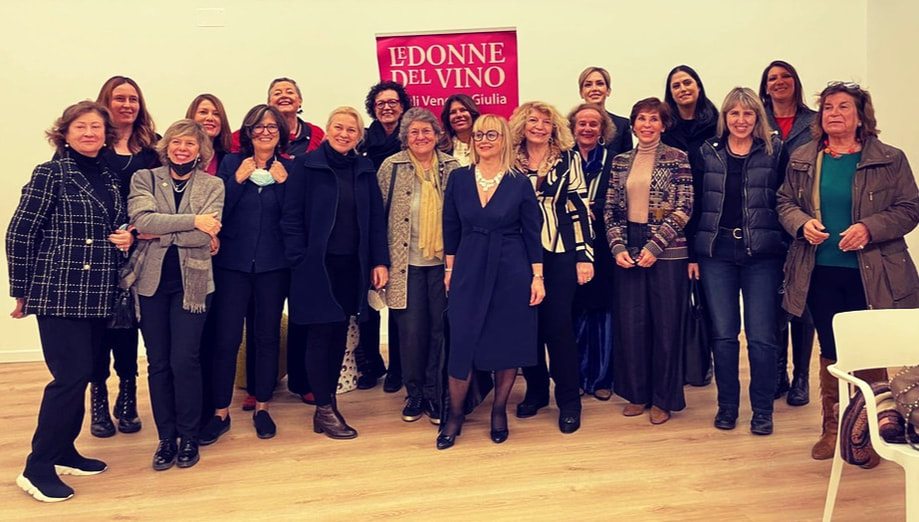 Agronomist Giovanni Bigot
Agronomist Giovanni Bigot Technologist and researcher Emanuele Eccel, working for Edmund Mach Foundation in San Michele all’Adige (Trento), talked about the European project MEDCLIV as a chance to strengthen the resilience to climate change. The project involves Italy, Cyprus, France, Portugal, Slovenia and Spain and aims at setting up national Mediterranean Climate Vine & Wine Hubs for a communal, interdisciplinary, cross-cutting approach to the awareness of the climate-induced changes and to their solutions: the goal is to share the know-how, ideas, solutions, perspectives about the common problems among these countries that have a very long winegrowing tradition and history.
Meteorologist Marco Virgilio, working for Osmer FVG – Friuli Venezia Giulia Weather Agency, talked about the “climatic code red” and its effects on Friuli. Also Friulian agronomist Giovanni Bigot, founder of Perleuve and creator of his own method Bigot Index to check the vineyards' health, intervened to give advice on how to face climate changes in winegrowing. Other speakers included Stefano Zannier, regional Agribusiness Councilor, Rodolfo Rizzi, Assoenologi FVG president, Daniele Stangherlin from Amorim Cork Italia (a cork producing company) and a representative for Verspieren Italia, an assurance company specialized in winemaking firms and wine-related risk management.
Friuli Venezia Giulia's good practices
Regional representatives for Le Donne del Vino Elena Roppa, Roberta d’Urso and Marianna Cardone presented reports about their regions and local companies' good practices: Friuli Venezia Giulia, Sicily and Puglia.
Case histories were shared about some Friuli Venezia Giulia's winemaking companies, which pay particular attention to environmental sustainability: Venica in Dolegna del Collio (Gorizia) on the Collio hills, which received the Ecofriendly Award by the wine guide Vini Buoni d'Italia, Forchir in Camino al Tagliamento (Udine), Bulfon in Valeriano (Pordenone), Castelvecchio in Sagrado (Gorizia).


 RSS Feed
RSS Feed